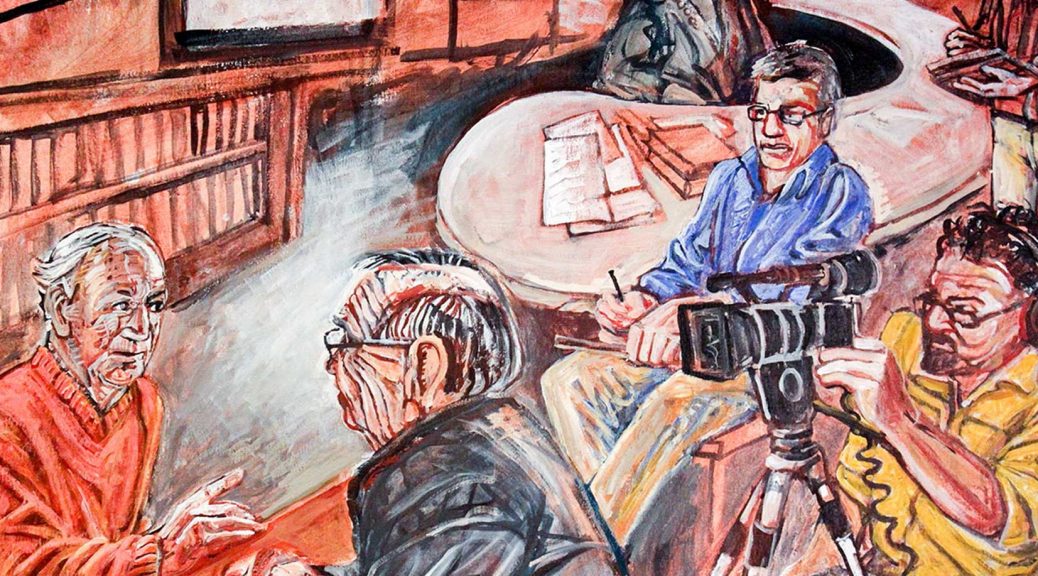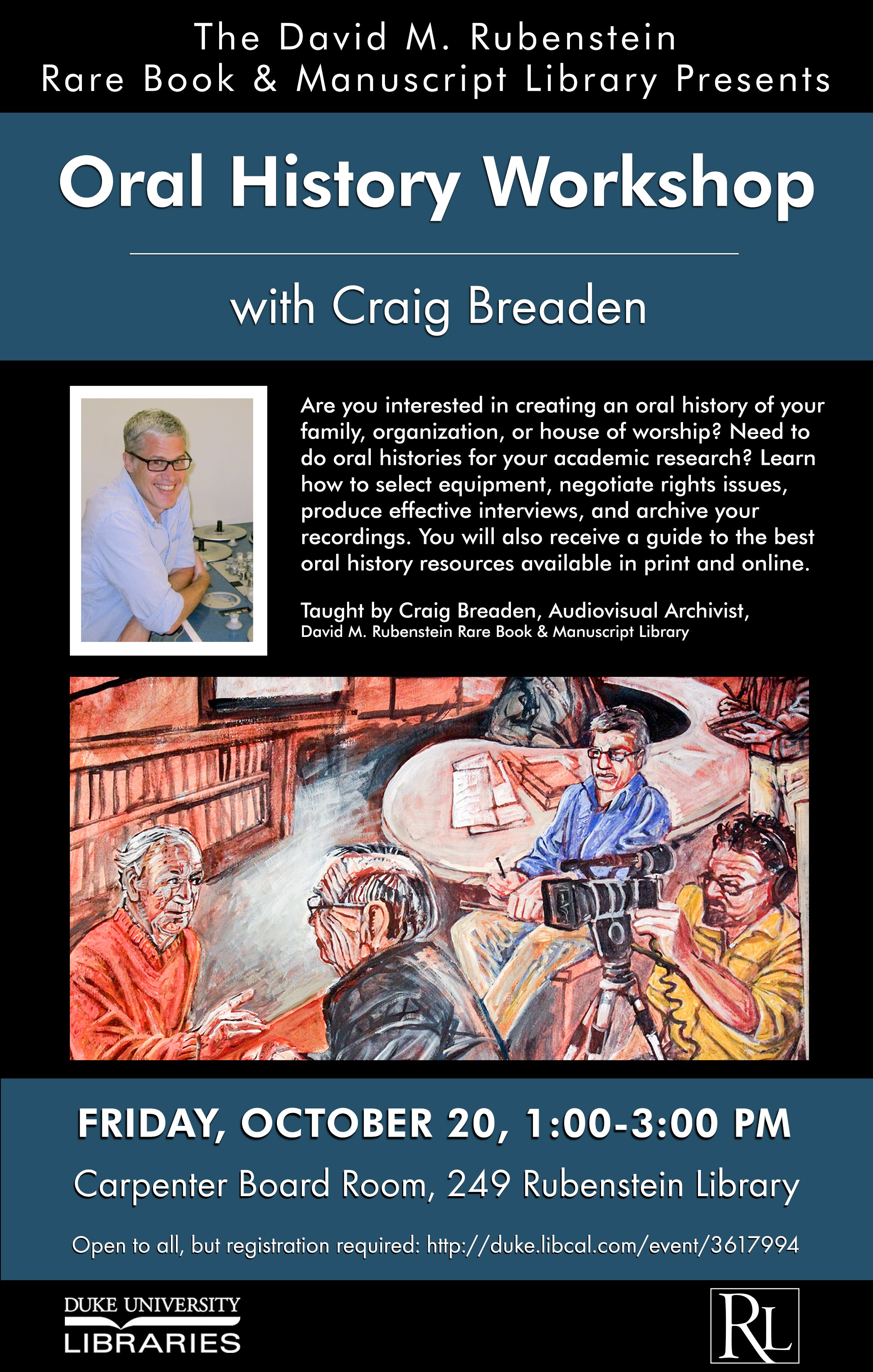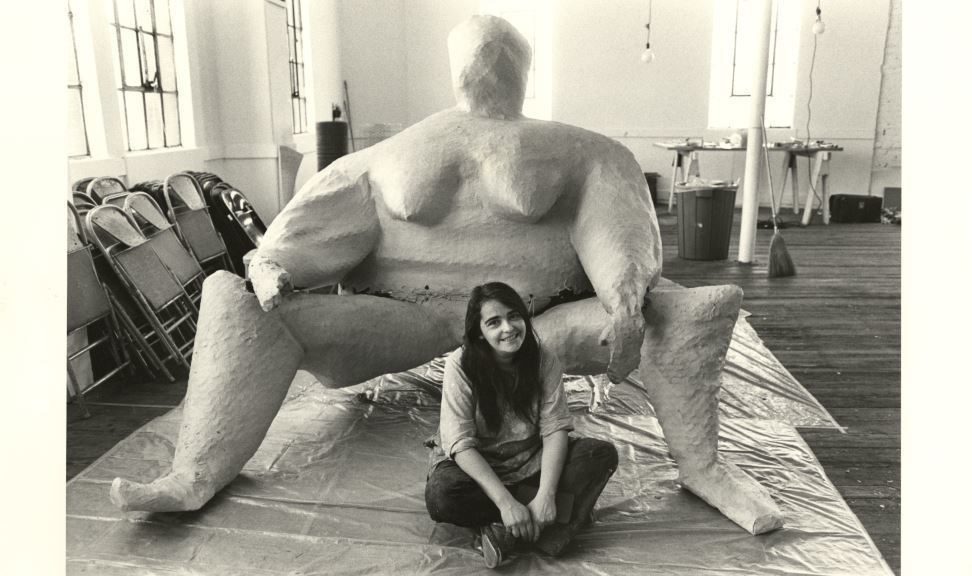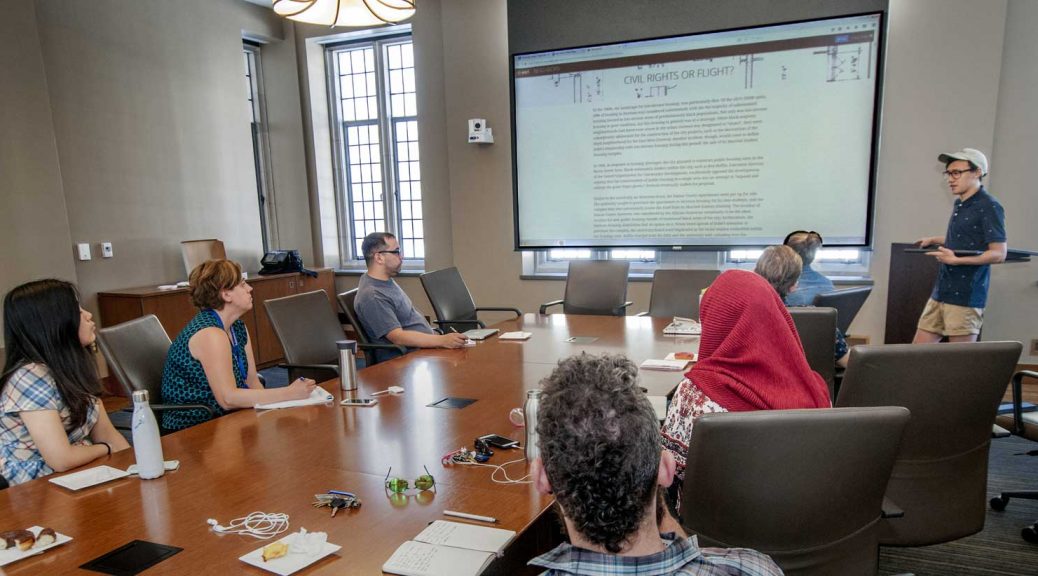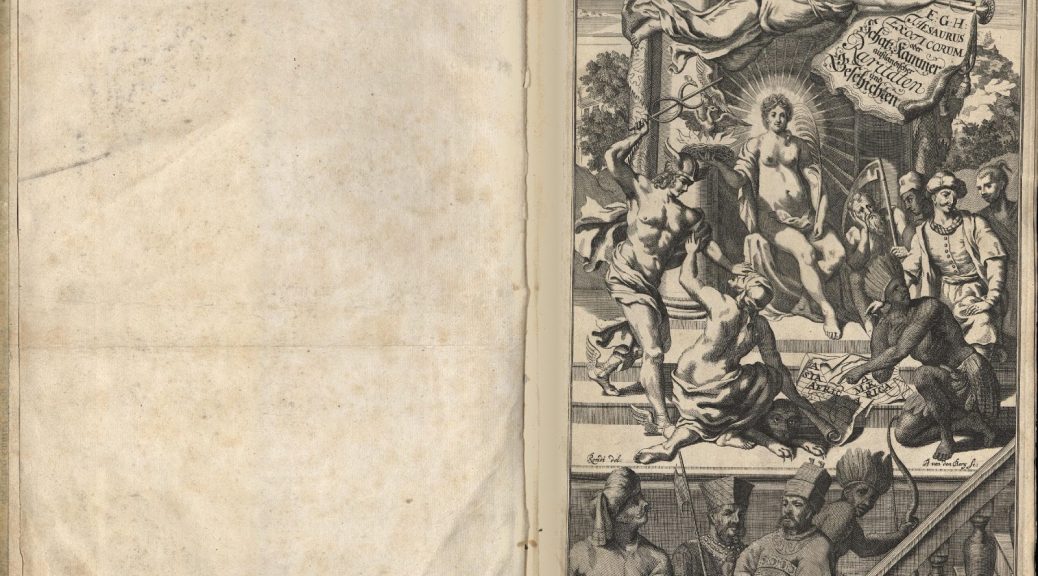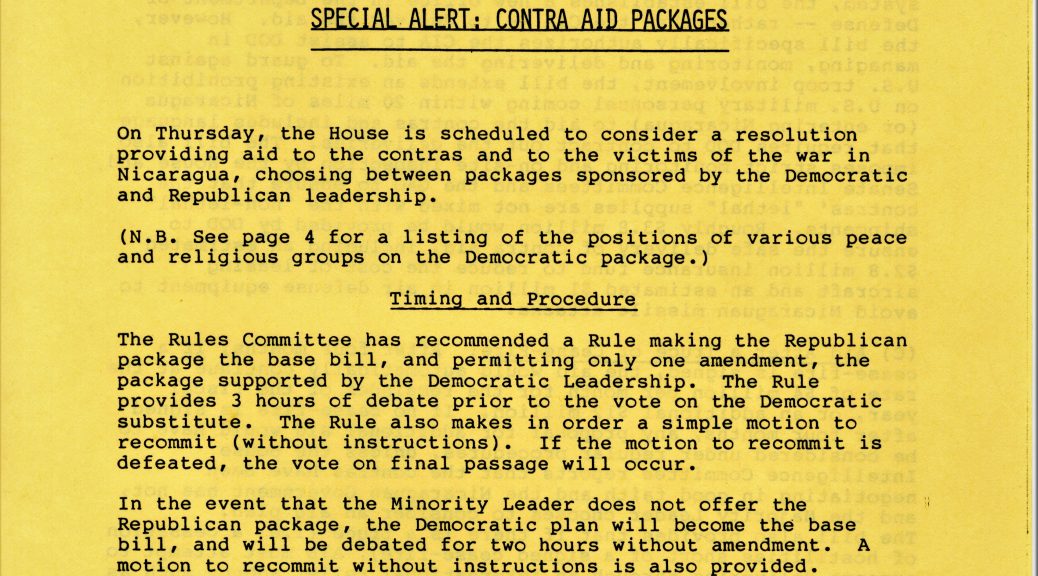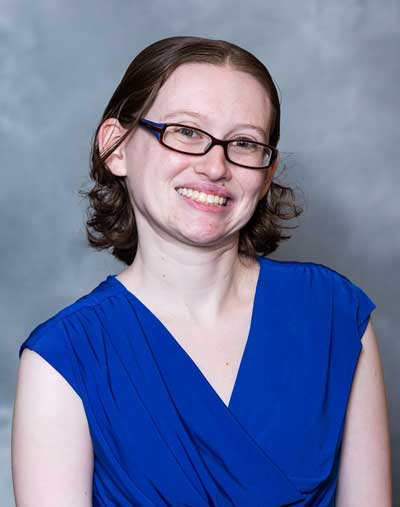 Hillary Gatlin recently joined the staff of the Duke University Archives as Records Manager. We asked her a few questions to help us—and you—get to know her a little better!
Hillary Gatlin recently joined the staff of the Duke University Archives as Records Manager. We asked her a few questions to help us—and you—get to know her a little better!
Tell us a little bit about your new job at the University Archives!
As the Records Manager, I will be working closely with University Archives staff and other university stakeholders to update, redesign, and guide Duke’s records management program to ensure that the significant records of the university, including both paper and electronic formats, are preserved and made available for future research. I will be assisting offices and departments to help them identify, retain, and dispose of their records appropriately by creating records retention guidelines, assisting with records transfer, and providing guidance on electronic records management. You will see me out and about on campus as I work with departments and offices.
Why is records management important?
Records management is all about getting the right information to the right people at the right time. The goal is to ensure that employees have access to the information they need to be successful here at Duke while also protecting personal information and sensitive data in accordance with best practices and federal regulations. Records management is also crucial when documenting university history. The work we do at Duke is important, and we should make sure the records of it are preserved in the Archives for future research and scholarship.
Can you give us a sneak peek of some upcoming changes for the records management program?
The Archives will soon be unveiling new webpages with updated information on records management procedures, including a new online form to streamline the records transfer process. Later this year, we will begin offering introductory records management presentations to offices and department staff.
What is one thing that people may not realize about records management?
Records management is everywhere! Records management plays a role in everything from records creation to access and use to destruction or preservation of records. People use records management every day whether they think about it or not; naming a document, saving a photo, filing an email—all of these tasks involve records management. Records management is a crucial part of our lives—and you may not even notice!
How did you become a records manager/archivist?
My interest in records began during my undergraduate work at the University of Mary Washington, where I studied historic preservation. I then attended the University of Pittsburgh to get my MLIS in Library Science. I took two classes on Records Management, and I realized I had found my calling.
What aspects of your new job are you most excited about?
As a records manager, I get to know campus well. I get to work with new people all the time, and I enjoy working with people from all across campus. I also get to know campus spaces. I frequently go to departments and get to see their storage spaces. I’ve been in more basements, “troll dungeons”, closets, and attics than I can count. While those places are not good spaces for storing records, they make for interesting visits!
Tell us one fun thing about yourself.
I love football—both professional and college! I look forward to cheering on the Blue Devils in the ACC!
Any last words of wisdom?
Are you having difficulties managing your records? You are not alone! Sometimes people feel they are the only ones facing records issues. Every department and office faces these problems, and the Records Management program is here to help. Just ask!
Thanks, Hillary, and welcome to the UA!


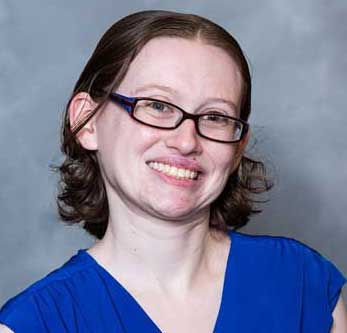
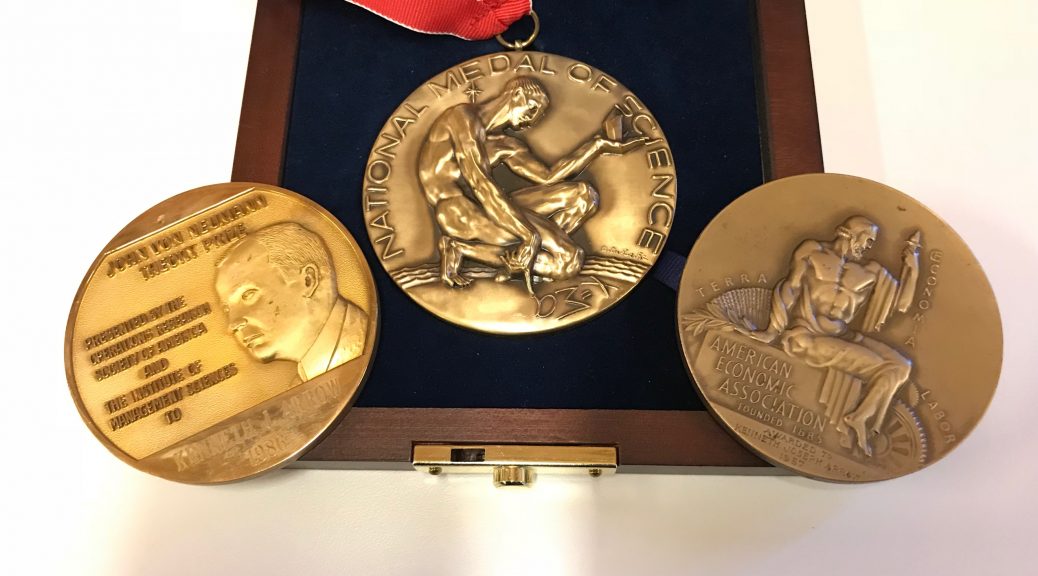
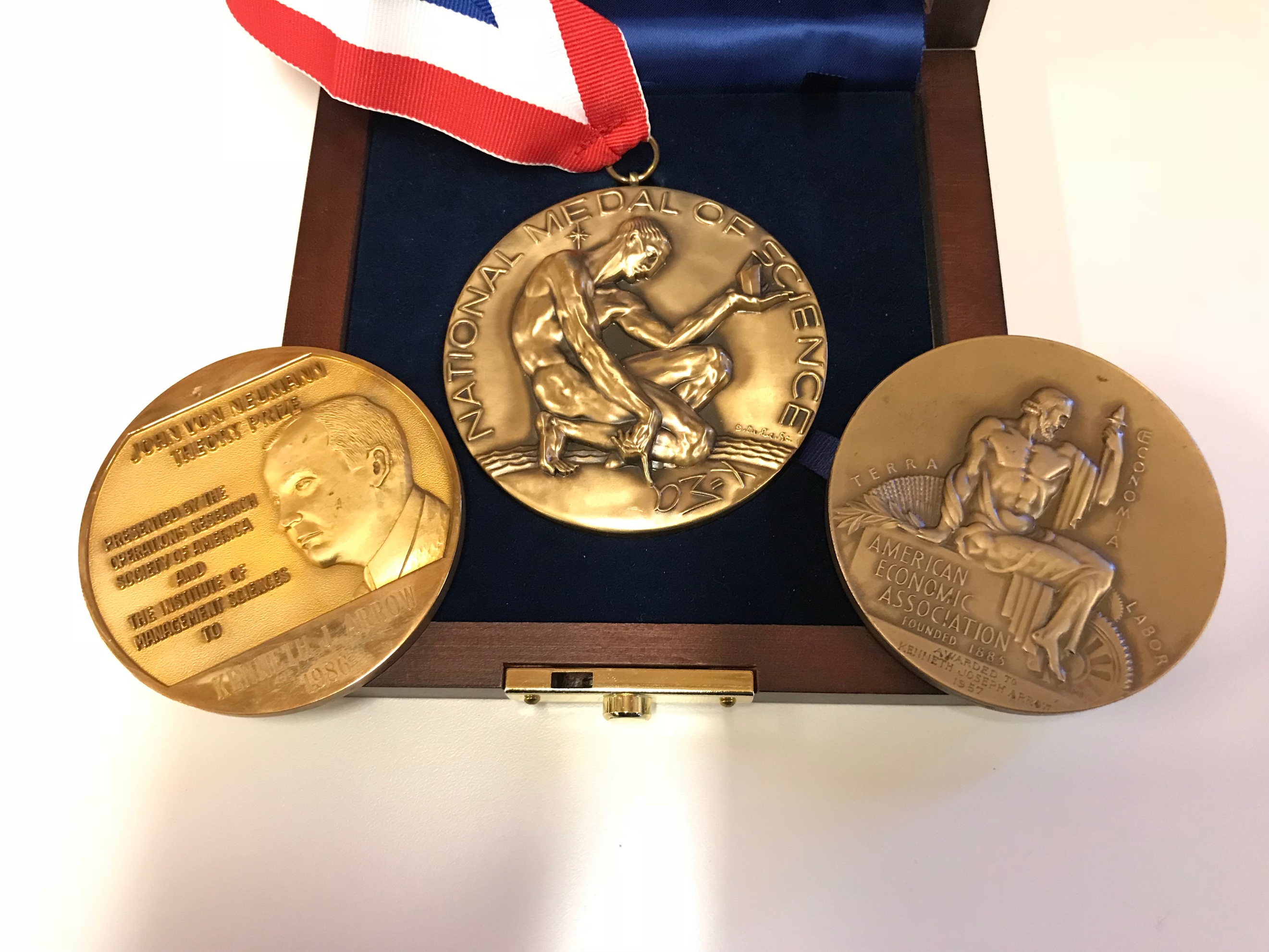
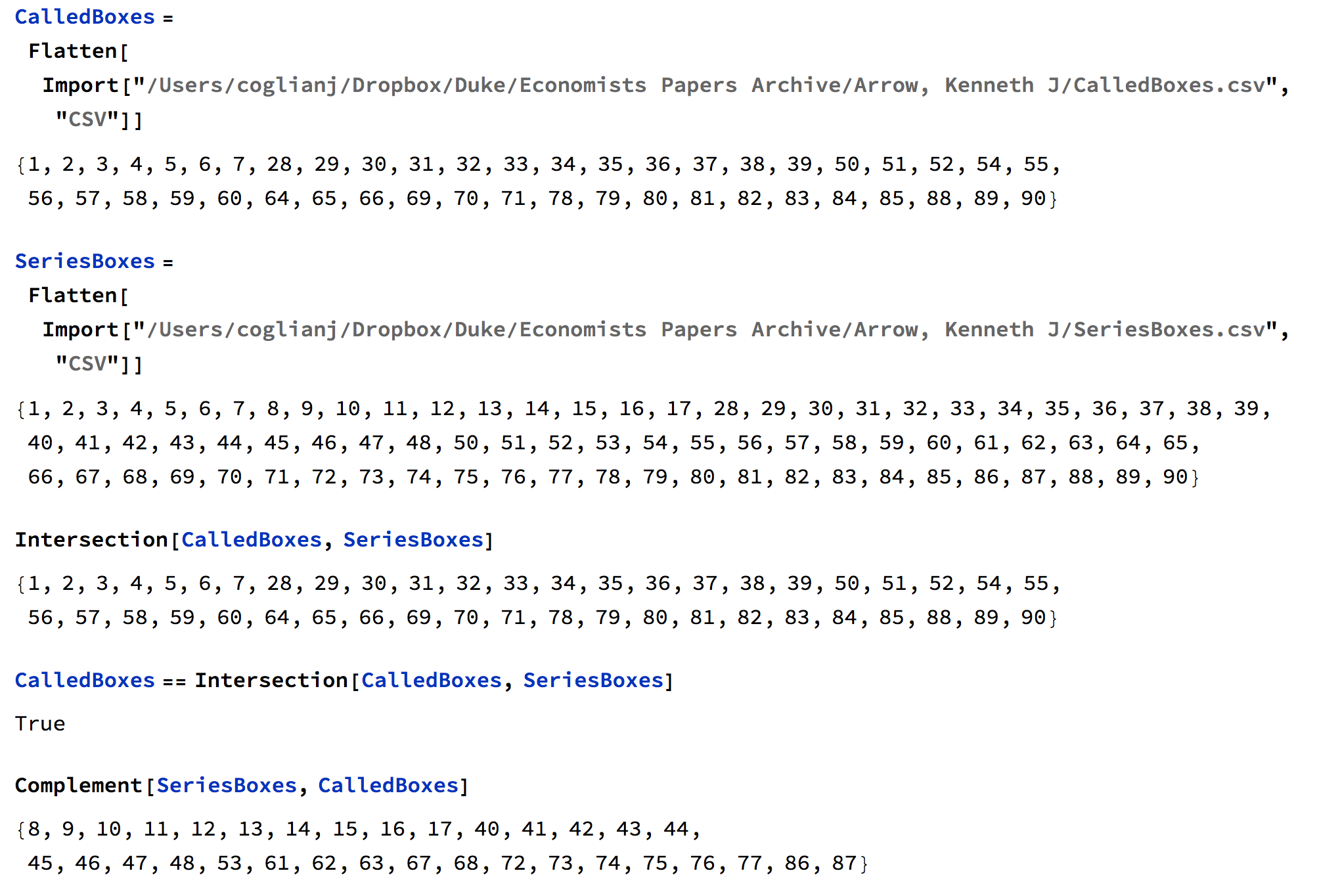
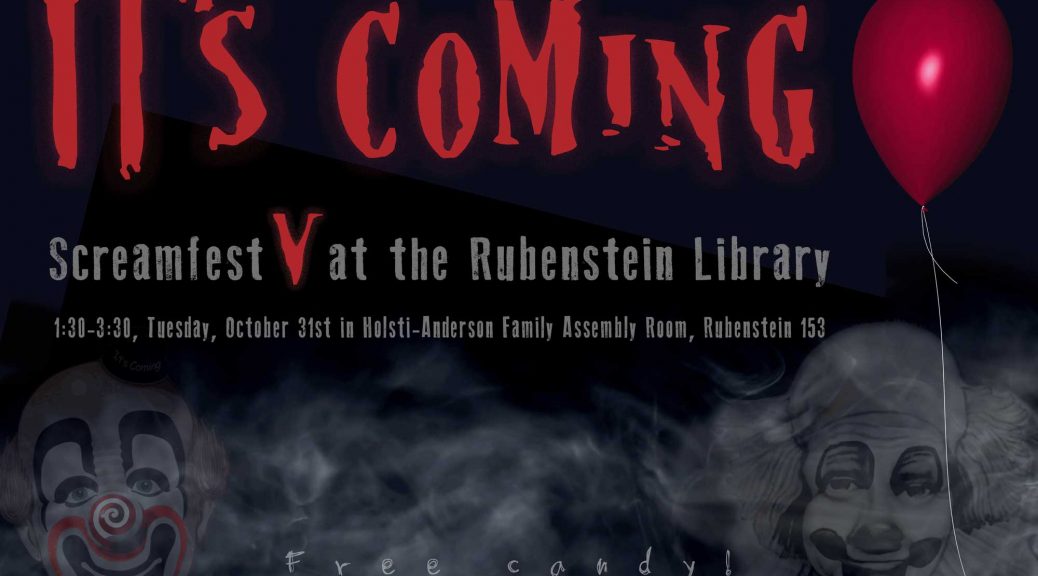
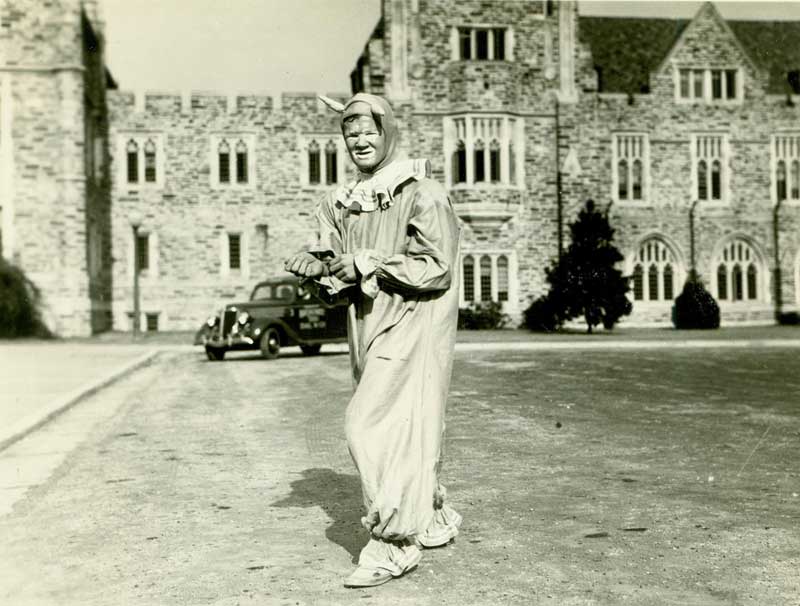




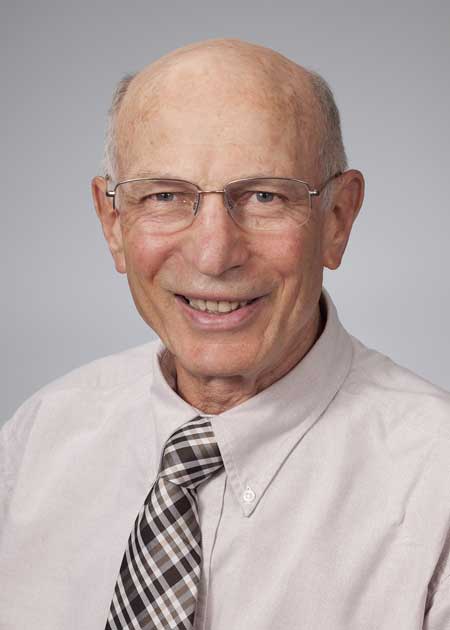 Please join the
Please join the 